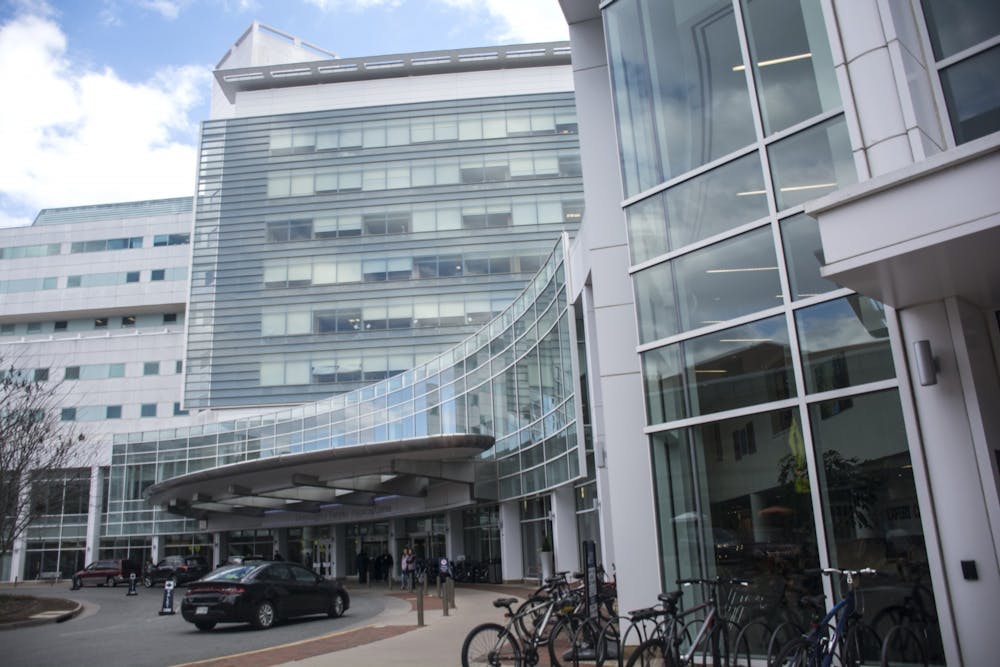The University Health System is enacting several changes in response to the financial impact of COVID-19, which has resulted in a $85 million deficit per month as the Medical Center has seen a significant drop in surgeries and clinic visits.
Dr. K. Craig Kent, executive vice president for health affairs, wrote in a memo to staff Tuesday that hundreds of hospital beds are unoccupied, surgeries have declined by 70 percent and clinic visits have been reduced by 90 percent since mid-March.
“The result has been a fall in revenue for clinical care and related services that is producing a deficit of $85 million a month,” Kent wrote. “This is a $3 million loss to the health system each day.”
For some non-patient care staff at the Medical Center and Physicians Group, the deficit will result in furloughs. Staff is able to use paid time off and will continue to receive health, dental and life insurance benefits during this period which may last up to three months.
All furloughed employees are encouraged to make use of the U.Va. Emergency Assistance Fund which was launched April 1 and is accessible through the University’s Human Resources website.
“Within a few short months we will not be able to fulfill our mission of delivering expert medical care to those in need, educating and training the next generation of providers, and conducting critical research,” Kent wrote. “We must act now to secure our future.”
Following the University’s senior leadership team taking pay cuts, hospital leadership will also reduce their salaries — with Kent taking a 40 percent pay cut. Physicians and leaders at the Medical Center, Physicians Group, School of Medicine and School of Nursing will also have their compensation reduced by 20 percent. The compensation reductions will extend through July.
Kent makes $950,000 a year, according to The Daily Progress.
Other actions being made as a result of the deficit include halting retirement contributions and asking University Health leaders to reduce spending wherever possible. Funding for the School of Medicine, School of Nursing and Health Sciences Library will also be reduced by an amount to be determined. Furloughs, salary reductions and program changes will be decided by each individual body.
“Actions that affect staff were the last resort, and are being put in place with the hope of avoiding the widespread layoffs other hospital systems in the region and country have been forced to make,” U.Va. Health announced in a press release.
Kent acknowledged that during this pandemic, these moves will be difficult to handle. However, he also noted that these types of actions must occur now in order to resume normalcy in the future.
“Our people make us who we are,” Kent wrote. “In my short time here, I have observed a vibrant organization supported by remarkable people. Without a doubt, today’s actions are difficult, and the impact on our community will continue to be immense as the result of this health crisis. We hope to return colleagues to work, and salaries to normal, hopefully as soon as possible.”







